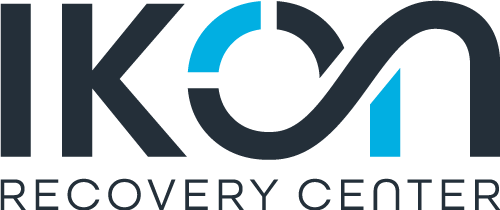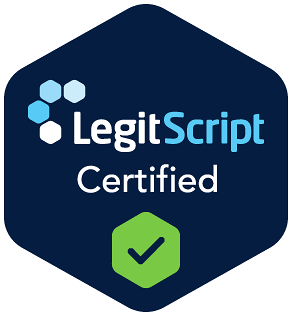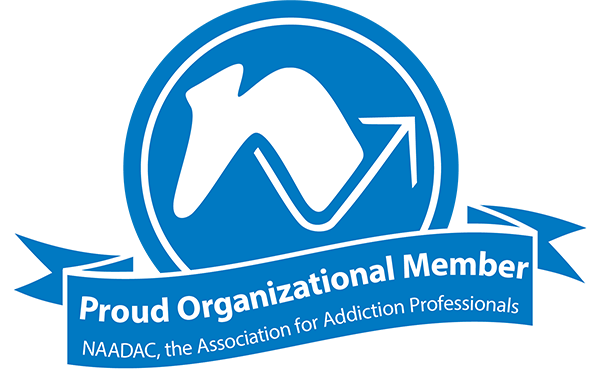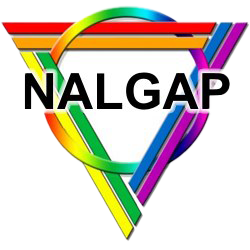Achieving holistic well-being, especially in the realm of addiction and mental health, demands a comprehensive and nuanced strategy—and Ikon Recovery Center is New Jersey’s premier wellness destination, offering personalized treatment and healing to set you on a new path toward restoration.
CBT For Addiction NJ:
The Gold Standard
Treatment Solution
Evidence-Based Behavioral Health Intervention To Help You Reach New Heights In Your Recovery Journey
Revitalize Your Life with CBT
For Addiction at Ikon
What is CBT For Addiction NJ?
Cognitive behavioral therapy, or CBT, is one of the most widely researched treatment modalities in the world.[1] CBT for addiction is a therapeutic approach that addresses the thought patterns and behaviors associated with substance abuse. It recognizes that distorted thinking contributes to addictive behaviors and aims to modify these patterns.[2] In the context of addiction treatment, CBT helps individuals identify triggers, develop coping strategies, and build new skills.
CBT is suitable for individuals dealing with a wide range of concerns, including anxiety, depression, substance abuse, and eating disorders. Typically involving short-term, goal-oriented sessions lasting about 45 to 60 minutes each, CBT can take place in nearly any clinical setting.[3] CBT is conducted by licensed mental health professionals, including psychologists, social workers, or therapists.
Ikon Recover offers CBT tailored to your unique needs. Our team of licensed professionals specializes in adapting CBT techniques to address the specific challenges associated with substance abuse, mental health, and eating disorders. We also integrate several other evidence-based treatments into your care, providing a comprehensive and personalized care plan, giving you the multidimensional approach you need to succeed.
How (and Why) CBT For Addiction NJ Works
CBT offers a unique and effective approach to address the complex interplay of thoughts, emotions, and behaviors associated with substance abuse. At the heart of CBT for addiction is the recognition that distorted thought patterns contribute significantly to addictive behaviors:[4]
Targeting Distorted Thinking
CBT looks to identify and challenge negative thought patterns related to addiction. By addressing and reshaping distorted beliefs around substance use, you can gain a deeper understanding of your own motivations and triggers.
Behavioral Modification
A fundamental aspect of CBT is behavioral activation, which involves modifying behaviors that contribute to psychological distress and addictive patterns. Through this process, individuals learn to replace unhealthy coping mechanisms with adaptive behaviors that support recovery.
Coping Skills and Relapse Prevention
CBT for addiction equips individuals with practical coping skills to manage stress, cravings, and challenging situations without resorting to substance use. By enhancing their repertoire of coping strategies, individuals are better prepared to navigate their recovery.
CBT as a whole is also incredibly versatile. Clinicians are able to adapt CBT-based treatment plans to the unique needs of each individual, addressing not only the addiction itself but also co-occurring mental health issues they may have, such as mood or eating disorders as well.
Ikon Recovery Center is proud to offer CBT for addiction alongside several other notable treatments and recovery practices for your holistic well-being. We strongly believe in whole-person support, which is why our program is adaptable, flexible, and always designed with your long-term wellness in mind.
The Efficacy of CBT For Addiction NJ
CBT for addiction and substance abuse has long been demonstrated to be effective [5] both on its own and in tandem with other treatment strategies. In fact, CBT approaches have some of the highest levels of empirical support for drug and alcohol use disorder treatment, with countless clinical trials and studies backing its efficacy.[6]
Additionally, CBT is versatile enough to also serve as an excellent choice at various stages of treatment, along with its proven success at treating co-occurring mental and physical health conditions.[7, 8]
CBT for Addiction at Ikon
Ikon believes that you deserve an environment where your well-being is prioritized. Our teams will provide not only essential support but also personalized strategies and customized treatment plans across all levels of care. With CBT for addiction and so much more available to you, you will be empowered to achieve lasting recovery and a fulfilling life beyond addiction.
Treating Addiction
Frequently Asked Questions about CBT for Addiction In North Jersey
What are the stages of CBT for addiction?
CBT for addiction typically involves several stages:[9]
- Assessment and goal setting: Clear objectives for treatment are established, outlining what the individual aims to achieve.
- Building awareness: Individuals learn about the principles of CBT, including the connection between thoughts, feelings, and behaviors.
- Skill-building: Learning and practicing strategies such as problem-solving, relaxation techniques, and effective communication to enhance resilience.
- Cognitive restructuring: Individuals work on identifying and challenging negative thought patterns associated with addiction.
- Behavioral activation: Individuals develop alternative, healthy behaviors to replace substance abuse, reinforcing positive changes and building a foundation for a substance-free lifestyle.
- Relapse prevention: Individuals identify potential triggers and high-risk situations, and together with the therapist, they create strategies to navigate these challenges and prevent relapse.
Is CBT suitable for individuals with co-occurring mental health conditions alongside addiction?
Absolutely. CBT is well-suited for addressing co-occurring mental health issues, as it allows for a dual focus on both addiction and underlying psychological concerns. Therapists can tailor CBT techniques to simultaneously target addiction and coexisting mental health challenges.
Is CBT effective for individuals at different stages of addiction recovery?
CBT is applicable at various stages of addiction recovery, from early intervention to sustained abstinence. Therapists tailor the approach to meet the evolving needs of individuals, addressing different challenges such as cravings, relapse prevention, and the establishment of a supportive lifestyle.
Can I combine CBT with other forms of addiction treatment, such as medication or support groups?
CBT is often integrated into comprehensive treatment plans that may include medication, support groups, or other therapeutic modalities. Collaborative care allows for a holistic approach to address the diverse aspects of addiction, enhancing the overall effectiveness of the treatment.
Sources
[1] David, D., Cristea, I., & Hofmann, S. G. (2018). Why cognitive behavioral therapy is the current gold standard of psychotherapy. Frontiers in Psychiatry, 9(4), 1–3. Retrieved from https://doi.org/10.3389/fpsyt.2018.00004 on November 13, 2023
[2] American Psychological Association. (2017). What Is Cognitive Behavioral Therapy? American Psychological Association. Retrieved from https://www.apa.org/ptsd-guideline/patients-and-families/cognitive-behavioral on November 13th, 2023
[3] Institute for Quality and Efficiency in Health Care. (2016, September 8). Cognitive behavioral therapy. Nih.gov; Institute for Quality and Efficiency in Health Care (IQWiG). Retrieved from https://www.ncbi.nlm.nih.gov/books/NBK279297/ on November 13th, 2023
[4] Morin, Jean-François G., Maggie Harris, and Patricia J. Conrod, ‘A Review of CBT Treatments for Substance Use Disorders’, Oxford Handbook Topics in Psychology (online edn, Oxford Academic, 3 Mar. 2014). Retrieved from https://doi.org/10.1093/oxfordhb/9780199935291.013.57 on November 13th, 2023
[5] McHugh, R. K., Hearon, B. A., & Otto, M. W. (2010). Cognitive Behavioral Therapy for Substance Use Disorders. Psychiatric Clinics of North America, 33(3), 511–525. Retrieved from https://doi.org/10.1016/j.psc.2010.04.012 on November 13th, 2023
[6] Carroll, K. M., & Kiluk, B. D. (2017). Cognitive behavioral interventions for alcohol and drug use disorders: Through the stage model and back again. Psychology of Addictive Behaviors, 31(8), 847–861. NCBI. Retrieved from https://doi.org/10.1037/adb0000311 on November 13th, 2023
[7] Carroll, K. M. (2004). Behavioral therapies for co-occurring substance use and mood disorders. Biological Psychiatry, 56(10), 778–784. Retrieved from https://doi.org/10.1016/j.biopsych.2004.07.010 on November 14th, 2023
[8] Murphy, R., Straebler, S., Cooper, Z., & Fairburn, C. G. (2010). Cognitive Behavioral Therapy for Eating Disorders. Psychiatric Clinics of North America, 33(3), 611–627. Retrieved from https://doi.org/10.1016/j.psc.2010.04.004 on November 14th, 2023
[9] McHugh, R. K., Hearon, B. A., & Otto, M. W. (2010). Cognitive Behavioral Therapy for Substance Use Disorders. Psychiatric Clinics of North America, 33(3), 511–525. Retrieved from https://doi.org/10.1016/j.psc.2010.04.012 on November 14th, 2023
